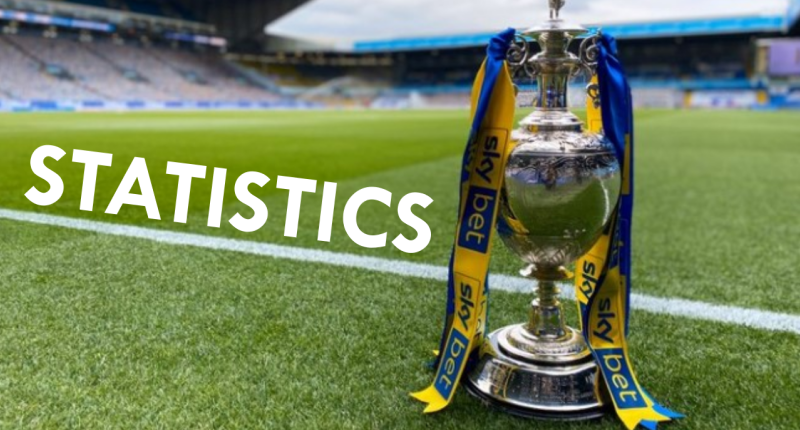Choosing a financial advisor is a crucial step in securing your financial future. The right advisor can help you navigate complex financial decisions, build wealth, and achieve your long-term goals. To ensure you select the best professional for your needs, it’s essential to ask the right questions. Here are the top questions to ask your financial advisor:
1. What Are Your Qualifications and Credentials?
Understanding your advisor's qualifications is fundamental. Look for certifications such as Certified Financial Planner (CFP), Chartered Financial Analyst (CFA), or Certified Public Accountant (CPA). These credentials indicate a higher level of expertise and commitment to ethical standards.
2. How Do You Get Paid?
Advisors can be compensated in several ways: fee-only, commission-based, or a combination of both. Fee-only advisors charge a flat rate or a percentage of assets under management, while commission-based advisors earn money through the products they sell. Understanding this will help you identify any potential conflicts of interest.
3. What Services Do You Offer?
Financial advisors offer a range of services including investment management, retirement planning, tax planning, estate planning, and insurance advice. Make sure the services offered align with your specific financial needs and goals.
4. What Is Your Investment Philosophy?
A
financial advisor Huddersfield good in investment philosophy can greatly influence your financial outcomes. Ask about their approach to risk management, asset allocation, and investment selection. Ensure their philosophy matches your comfort level with risk and your investment goals.
5. Can You Provide References or Testimonials
Speaking with current or former clients can provide valuable insights into the advisor's performance and client satisfaction. References can help you understand what to expect from the relationship and confirm the advisor’s credibility.
6. How Will We Communicate?
Effective communication is key to a successful advisor-client relationship. Discuss how often you will meet, the preferred method of communication (in-person, phone, email), and how the advisor will keep you informed about your investments and any changes in the financial landscape.
7. What Are Your Account Minimums?
Some advisors require a minimum amount of investable assets. Ensure that your financial situation meets these requirements to avoid any potential issues down the line.
8. What Is Your Experience with Clients Like Me?
Experience with clients in similar financial situations or life stages can be beneficial. Whether you're a young professional, a business owner, or nearing retirement, an advisor with relevant experience can provide more tailored advice.
9. How Do You Measure Success?
Understanding how an advisor measures success can help align your expectations. Some may focus on beating market benchmarks, while others prioritize achieving specific financial goals, such as buying a home or securing a comfortable retirement.
10. What Happens to My Account If Something Happens to You?
Inquire about succession plans and what will happen to your account if your advisor retires, changes firms, or is otherwise unavailable. Knowing there is a plan in place can provide peace of mind.
11. Do You Have Any Disciplinary Actions or Complaints?
Check for any history of disciplinary actions or complaints through regulatory bodies such as the Financial Industry Regulatory Authority (FINRA) or the Securities and Exchange Commission (SEC). This can help you avoid potential problems.
12. What Is Your Approach to Financial Planning?
A comprehensive financial plan should consider all aspects of your financial life. Ask how the advisor integrates financial planning with investment management and how often the plan is reviewed and updated.
13. How Do You Stay Current with Financial Regulations and Trends?
The financial landscape is constantly evolving. Ensure your advisor stays informed about the latest regulations, market trends, and investment strategies through continuing education and professional development.
Conclusion
Asking these questions will help you make an informed decision when choosing a financial advisor. The right advisor can be a valuable partner in achieving your financial goals, so it’s essential to find someone who is qualified, transparent, and aligned with your needs. Take your time, do your research, and choose wisely to ensure a prosperous financial future.




















